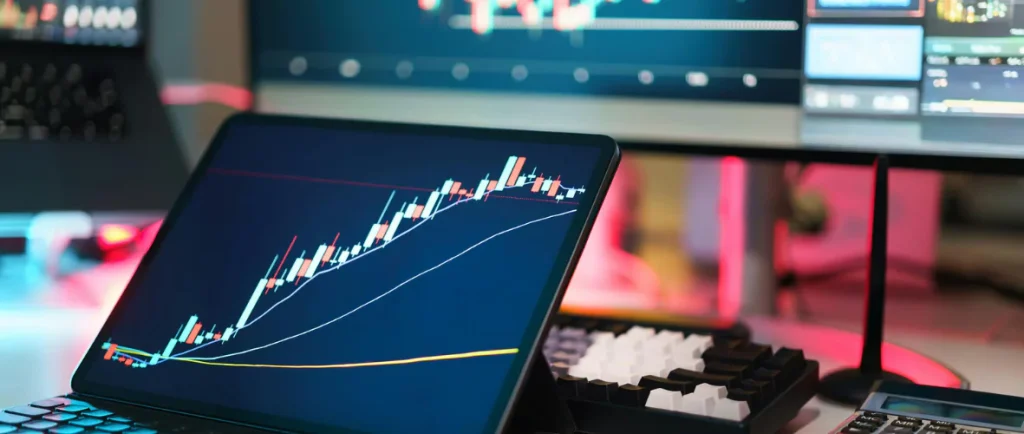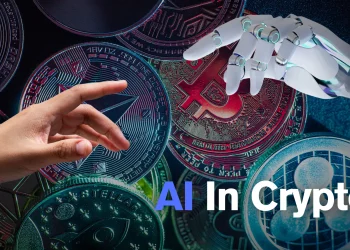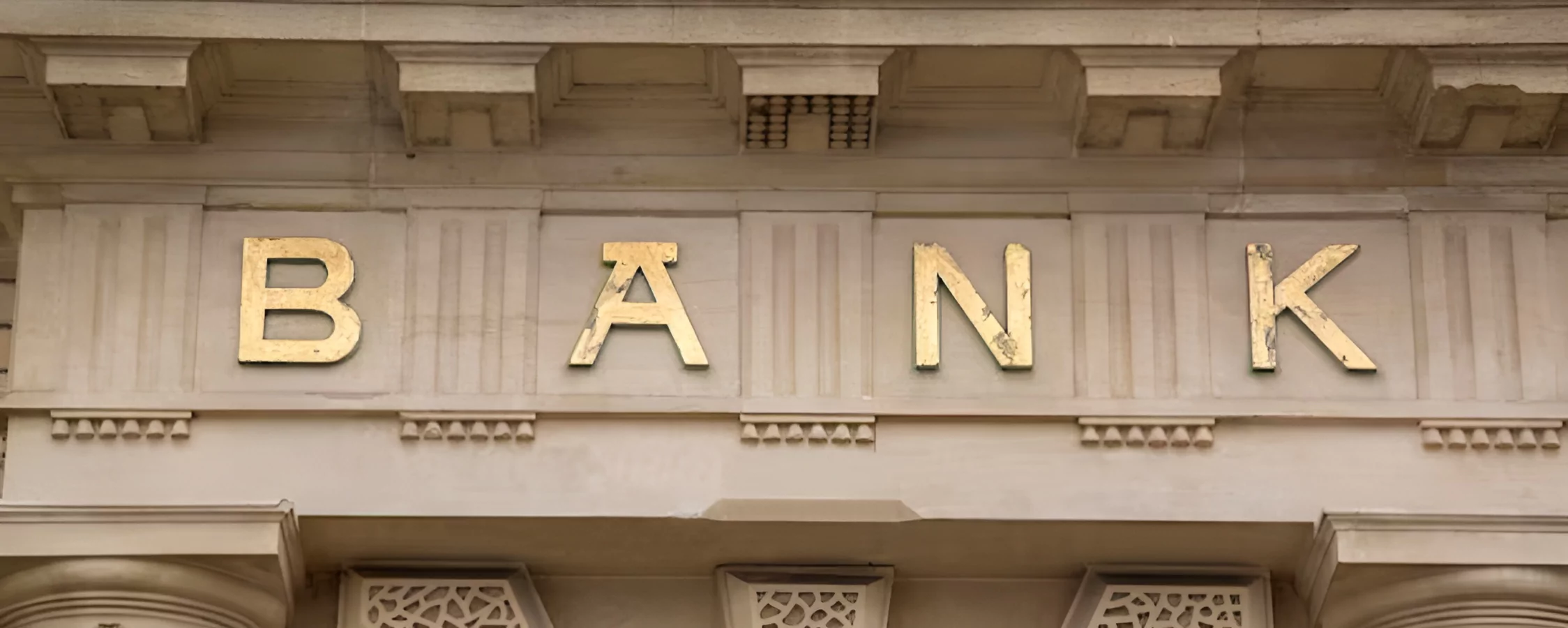Ever feel like managing your crypto portfolio is a full-time job? Tracking prices, hunting for yield, swapping tokens, placing trades… it’s enough to make your head spin. What if you had a tireless, super-smart digital assistant handling it all? Enter the fascinating world of AI agents in crypto. These aren’t science fiction anymore; they’re rapidly becoming a tangible force reshaping how we interact with blockchains. But what exactly are they, and why should you care? Buckle up, let’s dive in!
Think of AI agents in crypto like supercharged, autonomous bots with a brain. They aren’t just simple scripts following pre-set rules. Instead, they leverage artificial intelligence – particularly machine learning (ML) and often large language models (LLMs) – to perceive their environment (the blockchain and market data), make intelligent decisions based on complex goals, and execute actions all by themselves. Imagine a digital butler who doesn’t just follow orders but anticipates your crypto needs and acts proactively to fulfil them. That’s the potential power we’re talking about.
How Do These Crypto AI Agents Actually Work?
So, how does this digital wizardry function under the hood? It’s a sophisticated blend of tech:
- The “Brain” (AI Models): This is the core intelligence. Machine learning algorithms analyze vast amounts of historical and real-time data – market prices, trading volumes, on-chain transactions, liquidity pool depths, news sentiment, even social media buzz. LLMs help them understand complex instructions, interpret market narratives, and potentially even communicate findings in human language. They learn and adapt over time.
- The “Eyes and Ears” (Data Oracles & APIs): Agents need reliable, real-world information. They connect to data oracles (services that feed verified off-chain data onto the blockchain) and various APIs to get the market prices, news feeds, liquidity data, and other crucial inputs they need to make informed decisions.
- The “Hands” (Smart Contracts & Wallets): Once a decision is made, the agent needs to act. It interacts with smart contracts on the blockchain – the self-executing code that powers DeFi protocols, DEXs, NFT marketplaces, etc. To do this, it controls a crypto wallet (securely, we hope!), signing transactions to swap tokens, provide liquidity, place trades, or execute other complex strategies autonomously.
- The “Goals” (User-Defined Objectives): You set the mission. This could be as simple as “Buy ETH if it drops below $3,000” or incredibly complex like “Maximize yield across DeFi protocols while maintaining a specific risk profile and automatically rebalancing the portfolio weekly.”
It’s this combination of autonomous decision-making powered by AI and the ability to directly interact with blockchain infrastructure that makes AI agents in crypto so revolutionary. They bridge the gap between sophisticated algorithmic thinking and on-chain execution without constant human oversight.
Where Are We Seeing AI Agents in Crypto in Action? (Use Cases Galore!)
The applications are exploding, touching almost every corner of the crypto ecosystem:
- Autonomous Trading & Portfolio Management: This is the big one. AI agents in crypto can execute high-frequency trading strategies, manage complex portfolios across multiple assets and protocols, automatically rebalance based on market conditions, and even employ sophisticated risk management techniques like dynamic stop-losses – 24/7/365. They react faster than any human ever could to fleeting market opportunities.
- Supercharged DeFi (Decentralized Finance): Imagine agents that:
- Optimize Yield Farming: Constantly scanning for the best yields across hundreds of pools, considering impermanent loss risks, gas fees, and automatically moving funds to maximize returns.
- Manage Debt Positions: Proactively monitoring loan-to-value ratios in lending protocols like Aave or Compound, automatically adding collateral or repaying debt to prevent liquidation if prices start to drop sharply.
- Execute Complex Swaps & Arbitrage: Finding and exploiting tiny price differences between DEXs faster than you can blink.
- On-Chain Research & Analysis: Sifting through the immense, noisy data of the blockchain is a Herculean task for humans. AI agents can analyze transaction histories, track whale movements, detect emerging trends in NFT collections, summarize protocol developments, and surface actionable insights, acting as powerful research assistants.
- Personalized Crypto Assistants: Think Siri or Alexa, but deeply integrated with your crypto life. “Agent, find me the best staking yield for my stablecoins with low risk,” or “Notify me if the trading volume for this NFT collection spikes by 50%.” Natural language commands make crypto more accessible.
- DAO Operations & Governance: Can AI agents vote in DAOs? Potentially! They could analyze proposals, predict outcomes based on historical voting patterns, and even execute votes according to pre-defined criteria set by token holders, making decentralized governance more efficient (though this raises big questions about delegation).
The Benefits of AI Agents In Crypto

The excitement around AI agents in crypto isn’t hype without reason. They offer some seriously attractive advantages:
- 24/7 Efficiency & Speed: They never sleep, eat, or take breaks. They react to market movements and execute trades in milliseconds, capturing opportunities humans would miss.
- Emotionless Execution: Goodbye, fear and greed! Agents stick to the strategy, removing dangerous emotional biases from trading and investment decisions. They follow the plan, relentlessly.
- Complexity Handled: Managing intricate DeFi strategies involving multiple protocols, yield calculations, and risk parameters is incredibly time-consuming and error-prone for humans. Agents handle this complexity with ease.
- Accessibility: They have the potential to democratize sophisticated financial strategies previously only available to large institutions or highly technical individuals.
- Data Crunching Power: They can process and analyze vast datasets (on-chain and off-chain) far beyond human capability, uncovering hidden patterns and insights.
The Risks & Challenges of AI Agents In Crypto
Of course, unleashing autonomous AI in crypto comes with significant challenges and risks we absolutely cannot ignore:
- Security Nightmares: This is the elephant in the room. An agent controlling your wallet is a massive target. Vulnerabilities in the agent’s code, the smart contracts it interacts with, or the oracles it relies on could lead to catastrophic fund loss. Hacks here could be devastating. “Not your keys, not your crypto” becomes “Not your agent’s security, not your crypto.”
- The “Garbage In, Garbage Out” Problem: Agents are only as good as their data and training. If the underlying AI model is flawed, biased, or trained on poor data, it will make bad decisions. Faulty oracle data could trigger disastrous unintended actions.
- Opaque Decision Making (“Black Box”): Sometimes, even the developers don’t fully understand why a complex AI model made a specific decision. This lack of transparency is problematic when real money is at stake. How do you debug or trust an agent you can’t comprehend?
- Market Manipulation & Systemic Risk: What happens if thousands of agents are all programmed with similar strategies? Could they amplify market volatility or create flash crashes? Could they be manipulated by bad actors feeding false data to oracles? The potential for unintended systemic consequences is real.
- Regulatory Gray Zone: Regulators are already struggling with crypto. Autonomous AI agents acting in financial markets add a whole new layer of complexity. Who is responsible when an agent makes an illegal trade or causes a market disruption? The user? The developer? The agent itself? (Spoiler: It won’t be the agent).
The Future: Where Are AI Agents in Crypto Heading?
Despite the challenges, the trajectory seems clear: AI agents in crypto are here to stay and will become increasingly sophisticated and integrated. We’re likely to see:
- Enhanced Security Frameworks: Development of secure enclaves, advanced agent-specific wallets with multi-sig or time-lock features, and formal verification of agent logic to minimize risks.
- Greater Transparency & Explainability: Advances in AI interpretability to help users understand why their agent made a decision, building crucial trust.
- Agent-to-Agent (A2A) Economies: Agents interacting and transacting directly with each other on-chain – buying/selling services, data, or even negotiating deals autonomously. Imagine your trading agent hiring another agent specializing in NFT valuation for a quick analysis!
- Tighter Integration with DeFi & CeFi: Seamless operation across decentralized and centralized platforms, offering users the best of both worlds through a single agent interface.
- Democratization Through Simplicity: User interfaces becoming incredibly intuitive, allowing non-technical users to easily set up and manage powerful agents with simple commands or drag-and-drop tools.
Conclusion
AI agents in crypto represent a paradigm shift, merging the intelligence of artificial learning with the automation potential of blockchain. They promise unprecedented efficiency, sophisticated strategy execution, and 24/7 market participation. However, this power comes hand-in-hand with significant risks, particularly concerning security, reliability, and unintended market impacts. As this technology evolves rapidly, navigating these challenges – through robust security practices, regulatory clarity, and a focus on transparency – will be paramount. Whether you’re a seasoned DeFi degen or a crypto-curious newcomer, understanding these autonomous digital entities is no longer optional; it’s essential to navigating the future of finance. They’re not just changing the game; they’re becoming active players on the field. Are we ready to manage our digital counterparts? The journey has just begun.













